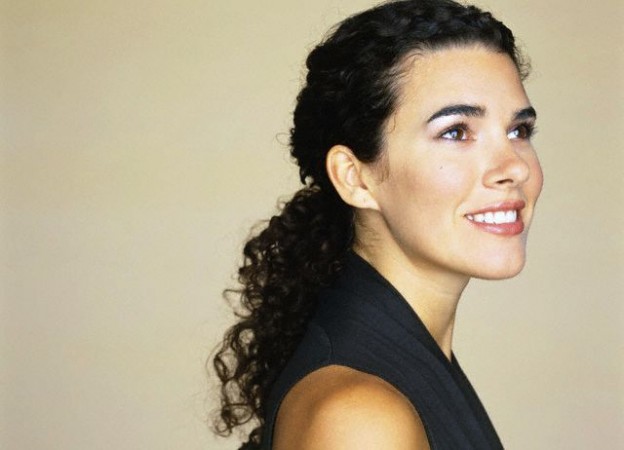What Are Mammograms?
Mammograms involve taking X-ray images of the breasts to identify abnormal changes, such as lumps or calcifications, that may indicate cancerous or precancerous conditions. The procedure is typically performed by a radiologic technologist and reviewed by a radiologist specializing in breast imaging.
Recommended Screening Age
For women with an average risk of breast cancer, guidelines recommend starting regular mammogram screenings at around age 40. Screening intervals are generally recommended every 1-2 years, depending on individual risk factors and medical history. However, some organizations, such as the American Cancer Society, suggest that women may choose to start screening at age 45 and switch to annual screening at age 55.
Factors Indicating Earlier Screening
Several factors may warrant earlier mammogram screening:
- Family History: Women with a strong family history of breast or ovarian cancer may be advised to begin mammograms earlier than age 40, typically around 10 years earlier than the age at which the youngest relative was diagnosed.
- Genetic Mutations: Presence of certain genetic mutations, such as BRCA1 or BRCA2, significantly increases the risk of breast cancer. Women with these mutations may need to start screening in their 20s or 30s, depending on individual risk assessments.
- Personal History: Women who have previously had breast cancer or other breast conditions that increase cancer risk may require earlier or more frequent mammogram screenings.
- Radiation Exposure: Previous radiation therapy to the chest area, especially during childhood or adolescence, may increase the risk of developing breast cancer and necessitate earlier screening.
Mammograms are essential tools for detecting breast cancer early, when treatment is most effective. Understanding when to start screening and considering individual risk factors are crucial for making informed decisions about breast health. Regular discussions with healthcare providers can help determine the most appropriate screening schedule based on personal risk factors and medical history. Early detection through mammograms can potentially save lives by facilitating timely treatment and improving outcomes for breast cancer patients.
For more information on women’s health and preventive care, contact Dr. Gordon C. Gunn MD in Fullerton, CA at 714-912-2211 or visit our website at www.gordongunnmd.com.
Dr. Gordon Gunn proudly serves Buena Park, La Mirada, Yorba Linda, Diamond Bar, Walnut, and surrounding areas.

